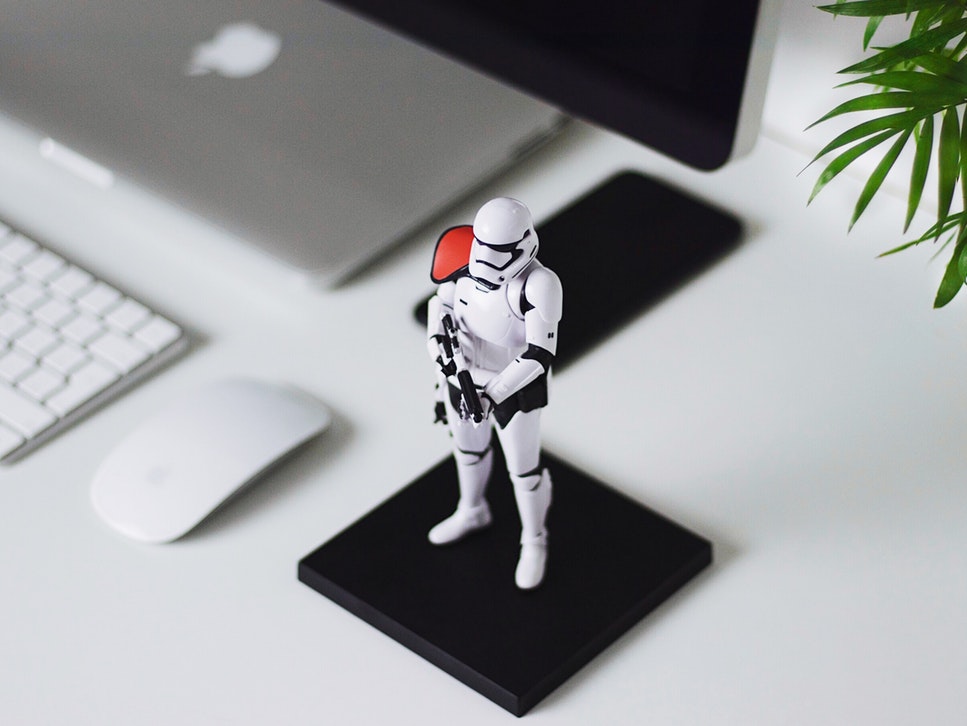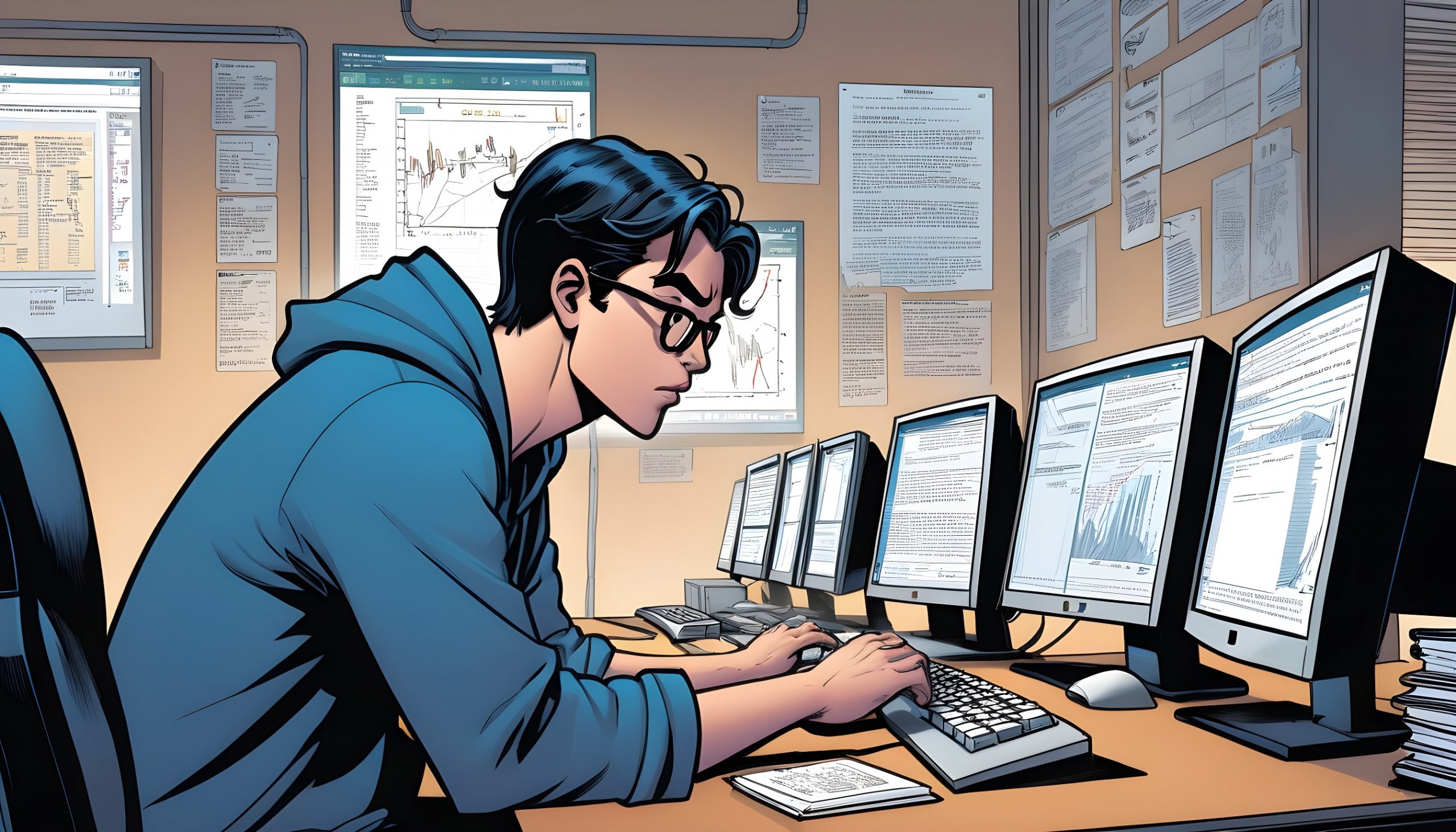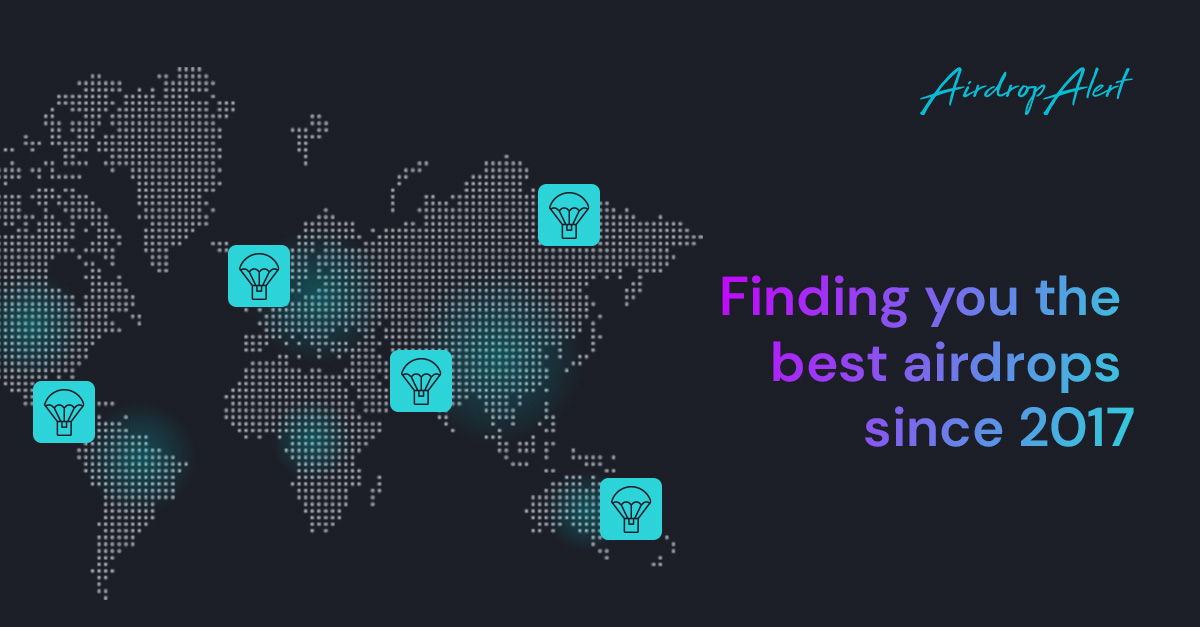Are you storing Bitcoin, transacting crypto or making accounts with trading platforms? If so, there is always a chance somebody will steal from you.
CipherTrace has presented the Cryptocurrency Anti-Money Laundering Report with interesting data.
In the first three quarters of 2018, hackers stole $927 million of cryptocurrency.
Do you think, they will take this book or not?
The good news is that even users without a technical background can protect their data.
How?
Here is the list of measures you can take.
[1] Two-factor authentication (2FA)

Customers enable two-factor authentication (2FA) to protect their accounts from unauthorized access.
It requires a user to enter a code when they sign in.
To use it, you might want to download an authenticator app from App Store and from Google Play or verify your access via your email address.
Once you enable 2FA, you will need to enter the code every time you access the platform/wallet/app.
[2] Virtual machine for software downloads
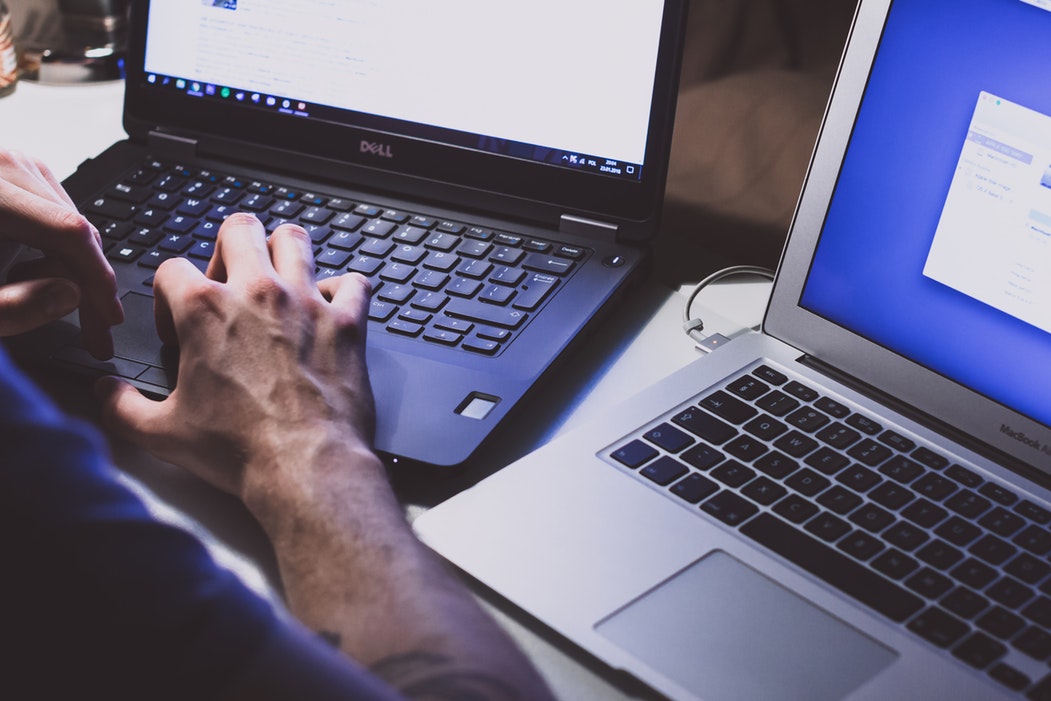
Let’s say, you don’t want to run dangerous malware downloaded from the Internet.
VMware Player is good to go with Windows and Linux.
VMware Fusion and Parallels Desktop are Mac OS solutions.
[3] Password manager
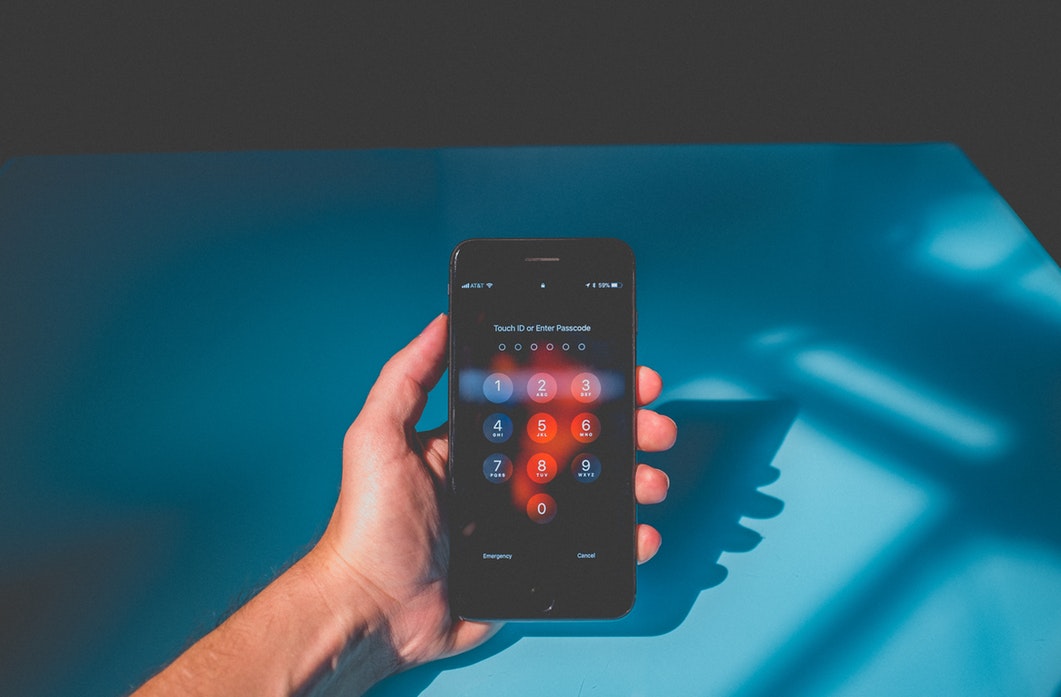
Most password managers look like plug-ins you install to your browser.
In comparison to browsers, password managers not only fill in your credentials.
They flag weak passwords and offer help with the update process of passwords.
Plus, they create and memorize complicated passwords.
Of course, it’s hard to enter complicated passwords on your phone.
That’s why top password managers can sync across Windows, Mac, Android, and iOS devices.
It’s important, though, to choose a credible manager. If the hacker cracks it, you might lose everything.
Consider Dashlane, Keeper, LastPass, LogMeOnce and many many more.
[4] Antimalware

If you’re older than 25 years old, you should remember the times when antimalware was the rock star of your OS.
Kaspersky, Norton, McAfee, Bitdefender.
These programs prevent, detect and remove malicious software on your PC.
Viruses, rootkits, ransomware and spyware are all yummies for your antimalware.
So, don’t forget about it!
[5] Data backup
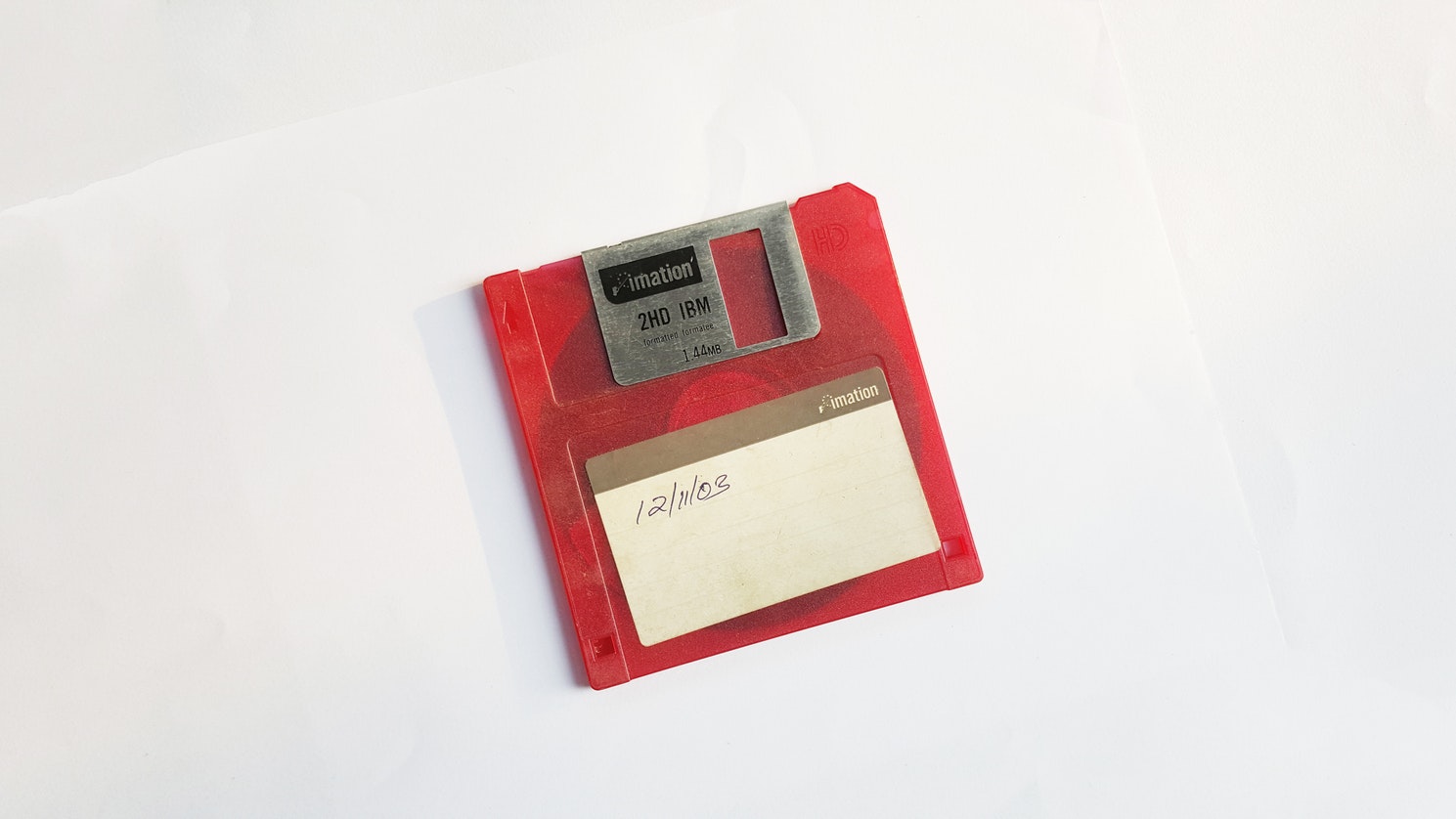
Data backup is the process of duplicating data. You do it to retrieve valuable info in case of a data loss event.
Remember how your parents used to download data from a computer’s hard drive onto a set of small floppy disks?
These days you have more options.
Back up data remotely with cloud services, automate your backup process with RAID or mirror technologies or simply download it into small portable devices.
[6] No public Wi-Fi

Why is a public Wi-Fi network less secure than your personal one?
For hackers, it is easier to intercept data sent through public Wi-Fi if they set it up themselves.
But what can you do to prevent the possible data loss?
Some links might only look like JFK, Starbacks or Hotel Plazza. Did you spot anything suspicious about the previous sentence?
It’s actually Starbucks. Watch out for things like that.
Use a VPN, a ‘private tunnel’ that encrypts data that passes through the network.
Consider using your mobile phone or protect your devices with antimalware solutions.
[1/2] Read AirdropAlert’s blog

In our blog, we often talk about security. We also warn you against scam projects, inform you of the steps you can take to protect yourself from fraud and list unverified airdrops.
In the article on the Blockchain wallet, we’ve covered what pitfalls you might slam into while using an online wallet.
In the piece on ICO scams, we’ve educated you on how to detect malicious projects — and it’s only the beginning.
Make an effort once!
Install a virtual machine on top of your OS or a password manager to your browser. Don’t have time for that?
OK, at least, learn about data backup, to feel safe on the crypto planet.
And we’ll see you on a safe side.
***
If you enjoyed this story, please click the button and share to help others find it! Feel free to leave a comment below.
Elon Musk on Bitcoin: “It’s quite brilliant”← P R E V I O U S

